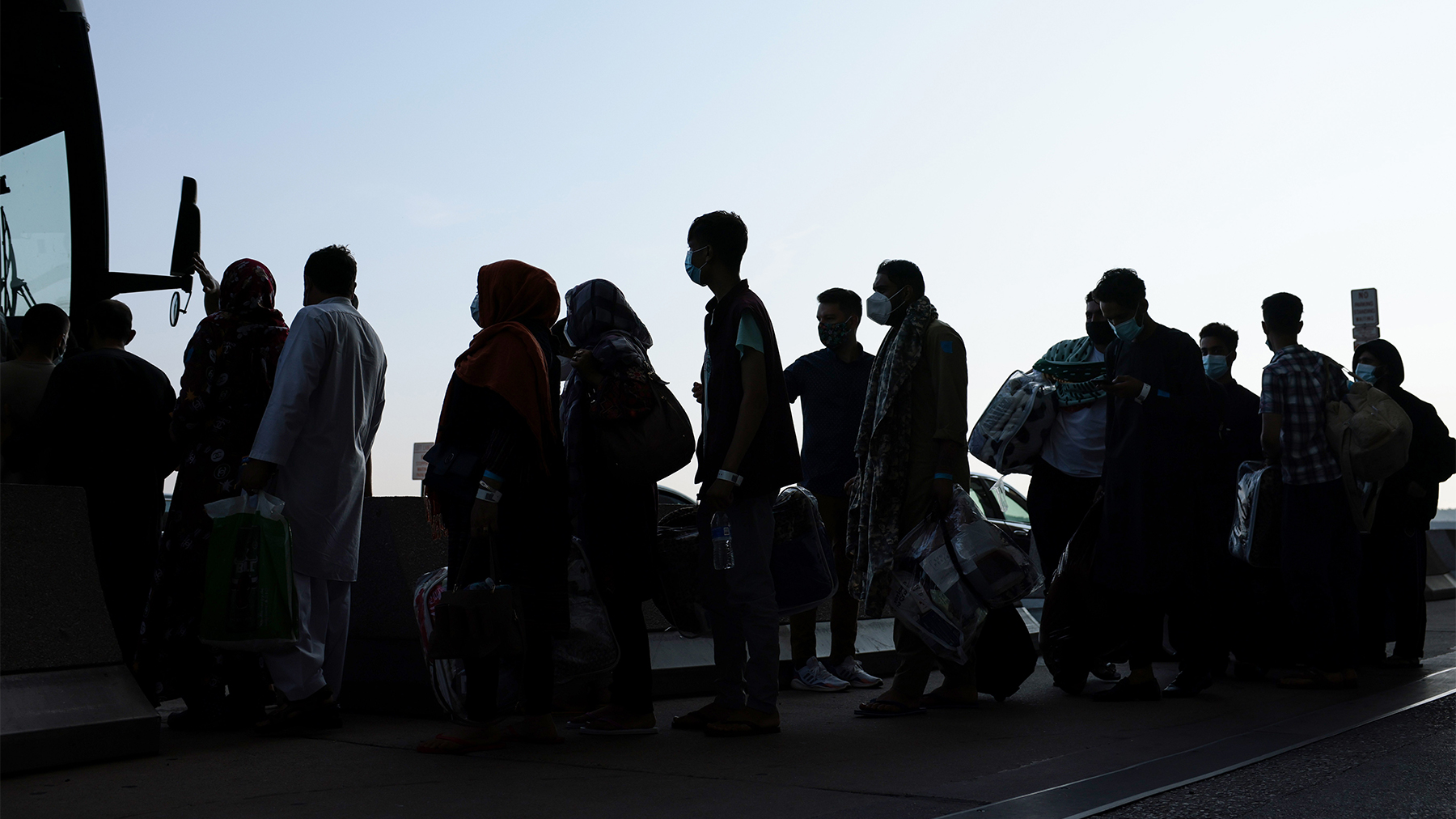In comments submitted to the U.S. Department of Homeland Security (DHS) and the U.S. Department of Justice (DOJ), the Southern Poverty Law Center says a new federal rule denies asylum seekers their due process rights by limiting their ability to properly represent themselves, find legal representation and present their asylum claim.
While the rule – which went into effect as an interim final rule (IFR) on May 31 – seeks to shorten the timeline to reach a decision on asylum cases, it does so at the expense of due process.
The rule, which can be revised pending public comment, amends regulations governing the procedures for determining certain protection claims and available parole procedures for asylum seekers who are subject to expedited removal and have been found to have a credible fear of persecution or torture in their home countries.
The rule streamlines removal procedures that occur after an individual has passed a “credible fear interview” and when the U.S. Citizenship and Immigration Services refers noncitizens whose applications are not granted to the DOJ’s Executive Office for Immigration Review.
“Under U.S. law, claiming asylum at the border is legal,” said Stephanie M. Alvarez-Jones, SPLC staff attorney. “People facing serious human rights violations have the right to seek protection, and the United States has the obligation not to return people to where they would be at risk of persecution or death. In the name of ‘efficiency,’ the government’s unrealistic immigration rules fail to protect the due process protections asylum seekers are afforded.”
In its official comments on the rule, the SPLC, whose Southeast Immigrant Freedom Initiative (SIFI) program provides free legal services to immigrants held in detention centers, urged that the rule be substantially revised.
“The Interim Final Rule would dramatically change adjudication procedures for asylum seekers,” the SPLC letter says. “The SPLC welcomes several of the changes included in the IFR, but has serious concerns about the processes and timelines the IFR creates. The Departments’ stated desire for efficiency should not lead to straining asylum seekers and legal representatives to the limit, essentially eliminating the time asylum seekers need to properly prepare their case and retain counsel. To be sure, the United States needs an asylum system that is efficient, but that system must also be fair, reliable, and contain sufficient safeguards of individuals’ due process rights. The IFR does not promote such a system. The SPLC strongly urges the Departments to rescind, or substantially rewrite, the unethical and legally deficient parts of this IFR.”
The letter says the streamlined procedures would limit the number of people SIFI can represent in immigration hearings.
“This proposed rule would be nearly impossible to comply with, especially for those in detention, and since Black and Brown asylum seekers are detained at higher rates, the rule would disproportionately impact Black and Brown immigrants,” stated Matt Boles, direct services attorney for the SPLC’s Immigrant Justice Project. “The government has chosen speed over ensuring asylum seekers are not returned to harm.”
Photo at top: People evacuated from Kabul, Afghanistan, wait to board a bus that will take them to a refugee processing center in Dulles, Virginia, on August 25, 2021. (Credit: Anna Moneymaker/Getty Images)



